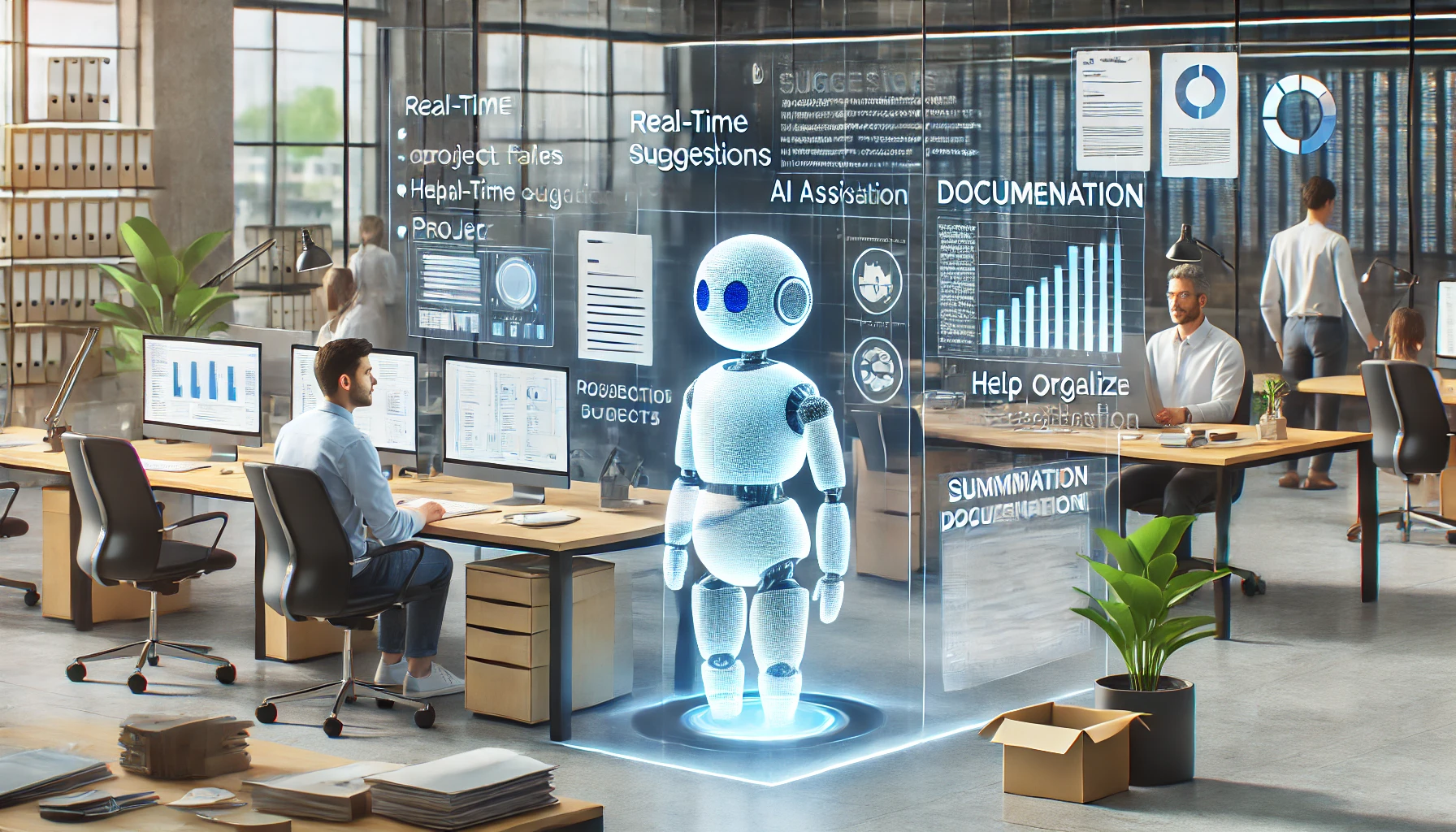- Hidria
- Responsive
- Posted by
Desired outcome
We seek to develop custom AI assistants using RAG (Retrieval-Augmented Generation) technology to streamline engineering workflows in the automotive sector. Specifically we are hoping to address implementation of industry standards (e.g., Automotive SPICE, ISO 26262), FMEA and risk assessments and other similar topics.
Initial Problem Description
The AI Assistant for Engineering Processes challenge targets critical issues in our company's R&D workflow. At its core, the challenge addresses the challenges with information management where engineers grapple with an overwhelming volume of technical documentation, industry standards, and company guidelines, leading to inefficiencies and potential oversights. Ensuring compliance with complex, ever-changing industry standards is an ongoing challenge, risking costly redesigns or safety issues. Engineers lose valuable time searching for relevant information instead of innovating. The challenge also seeks to enhance collaboration among global R&D teams and reduce the risk of human error in critical processes like Failure Mode and Effects Analysis (FMEA).
Context
New Product Development
Context: Our R&D team is developing a new electric vehicle (EV) battery management system.
Examples:
- Engineers spend hours sifting through ISO 26262 documentation to ensure functional safety compliance, delaying the design process.
- Team members in different global offices struggle to collaborate effectively, leading to duplicated efforts and inconsistent approaches to thermal management solutions.
- Historical data from previous EV projects is not easily accessible, causing the team to overlook valuable lessons learned about battery degradation patterns.
Failure Mode and Effects Analysis (FMEA)
Context: Conducting FMEA for a new sensor development project.
Examples:
- Engineers rely on memory and manual searches to identify potential failure modes, risking oversight of critical safety issues.
- Inconsistencies arise in risk priority number (RPN) calculations across different team members, leading to disagreements about mitigation priorities.
- The team struggles to efficiently incorporate insights from past sensor projects, potentially missing known failure modes or effective mitigation strategies.
Connection to cross-cutting areas
The AI assistant represents a significant step in digitalizing traditional engineering workflows. By integrating AI-driven insights and automation into daily tasks, it accelerates the shift from paper-based or siloed digital systems to a more interconnected, intelligent digital ecosystem.
This challenge embodies the move towards data-driven decision making in engineering. By leveraging historical data, industry standards, and real-time project information, the AI assistant enables more informed and objective decision-making processes.
The challenge addresses the evolution of knowledge management in the era of big data. It showcases how AI can be used to not just store information, but to actively curate, contextualize, and deliver knowledge when and where it's needed most.
Input
Documentation and Standards
Relevant industry standards (e.g., ISO 26262, Automotive SPICE) in their full, up-to-date versions, company-specific implementation guidelines for these standards, internal process documentation and best practices guides
Historical Project Data
Anonymized data from past projects, including: project timelines and milestones, key decisions and their outcomes, challenges faced and solutions implemented, lessons learned documents
FMEA Records
Historical FMEA documents from various projects, current FMEA templates and guidelines, common failure modes and their risk assessments
Engineering Knowledge Base
Technical specifications of current and past products, research and development reports, pattent documentation (if applicable)
Expectations
By implementing this AI assistant, we aim to achieve the following outcomes:
- Improve compliance with industry standards and reduce the risk of costly errors or rework
- Increase the productivity and efficiency of our engineering teams
- Foster better collaboration and knowledge sharing across our R&D teams
- Enhance decision-making processes with data-driven insights and recommendations
Desired Team Profile
We expect that a team that is able to address the challenge should possess at least some of the following skills, knowledge, and attributes:
Natural Language Processing (background in deep learning and transformer models, experience with large language models, familiarity with question-answering systems and information retrieval)
Machine Learning (experience with data preprocessing and feature engineering, knowledge of model deployment and scalability)
Software Developer (programming skills (Python, potentially Java or C++), experience with API development and system integration, knowledge of database systems and data structures)
Domain Knowledge (understanding of automotive engineering processes, familiarity with industry standards (e.g., ISO 26262, Automotive SPICE), knowledge of FMEA and risk assessment methodologies)
Additional Information
Our R&D and industrial manufacturing company specializes in high-quality mechanical and electronic components mainly for the automotive sector. In the process of development and innovation we face increasing complexity in our engineering workflows, particularly when it comes to adhering to industry standards and best practices for a variety of key processes.
Related Keywords
About Hidria
Hidria Advancetec. BU of Hidria d.o.o.. Based in Slovenia. 350 employees.

You need to sign up to apply to this challenge and submit a motivation letter!

Learn more about the topics and find team members!
Help
Need help submitting your proposal or have questions regarding this Open Innovation Challenge?
Contact support
